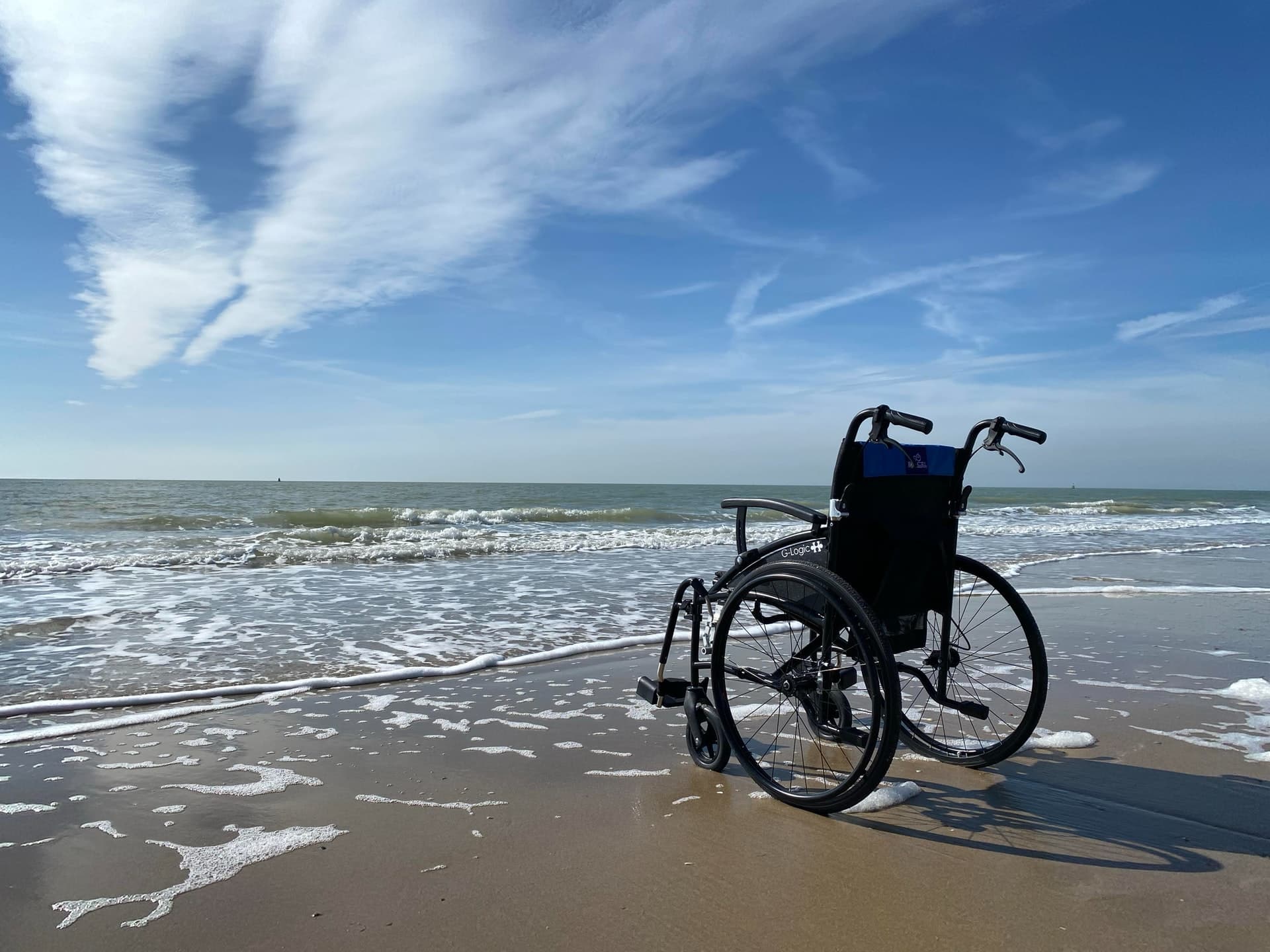- Home
- Services
- Constructive Dismissal
- COVID-19
- Discrimination / Human Rights
- Employee Sued by Employer
- Employment Contracts: Drafting / Review / Negotiation
- Employment Policy Drafting / Review
- Fiduciary Obligations
- Harassment / Bullying
- Independent Contractors
- Just Cause For Termination
- Lay-Offs
- Non-Competition / Non-Solicitation
- Professional Regulation
- Severance Review / Negotiation
- Union / Labour Law
- Workplace Investigations
- Wrongful Dismissal / Unjust Dismissal
- About
- Our Team
- Blog
- Call Now: 587-391-7601
- Contact Us
Complainant’s Death and Lack of Affidavit Didn’t Prevent AHRC Victory

Davies v PSA Construction Inc., 2022 AHRC 98 is a new Alberta Human Rights case where a discrimination was found even though the complainant passed away prior to the hearing and there was no viva voce (live, verbal) evidence or even direct affidavit evidence.
This case is interesting because these circumstances are rare. This case is an example which illustrates that the Alberta Human Rights Commission is willing to depart from usual evidence standards in some cases.
Facts
Below is some procedural history and the pertinent facts found by the Alberta Human Rights Tribunal:
- The complaint alleged that her termination of employment was discriminatory on the basis of disability. The termination of employment related to absenteeism caused by disability
- The respondent provided a brief response to the complaint without much detail
- 5 years after filing the compliant, but long prior to the hearing, the complainant died from cancer
- Sometime later, it was determined at a case management conference that the hearing would proceed with affidavit and documentary evidence and that the complainant’s brother could make any submissions on the complainant’s behalf that the complainant could have made herself
- The AHRT made several attempts to schedule the hearing itself. That failed, so the AHRT set a hearing date and notified the Respondent several times without acknowledgment
- The hearing went forward without the complainant or respondent present
- The evidence at the hearing was the affidavit sworn by the complainant’s brother and an affidavit sworn by the human rights director
- The facts – taken from these affidavits and the complaint – were as follows:
- The complainant was hired as an administrative assistant in June, 2014
- In September, 2014, the complainant had a strong performance review, but the performance review stated the complainant “must” improve her health
- From mid to late November, 2014, the complainant spent a week in the hospital due to her chronic asthma condition
- On December 1, 2014, the complainant’s employment was terminated without cause
- The complainant told her brother that her employment was terminated because of her asthma condition
- The termination letter states that her health has been “too much to handle” because of her absenteeism and not communicating updates to the respondent, and so her employment was being terminated
The respondent’s response to the initial complaint was brief, but it stated that the complainant was placed on medical layoff December 1, 2014.
Analysis / Conclusion
The Alberta Human Rights Tribunal started out by looking at the performance review where the complainant’s performance was considered strong but her health was mentioned:
[61] Performance is not a concern to the respondent but the complainant’s health is. This demonstrates a link between negative comments in the complainant’s performance review and her disability.
The AHRT found that the information contained in the initial complaint form and the email and text message responses from the respondent made it clear that the complainant’s health were factors in the decision to terminate the complainant’s employment, and noted as follows:
[80] The information before me demonstrates a connection between the complainant’s disability and the ultimate termination. I find that the complainant has established a prima facie case of discrimination. The onus now shifts to the respondent to demonstrate that they have accommodated the complainant to the point of ‘undue hardship’.
The AHRT then went on to find that the respondent had not provided any information indicating it attempted to accommodate the complainant, and had not provided ongoing communication with the complainant about work availability, medical condition or accommodation options. In sum, the respondent had not provided a reasonable, non-discriminatory explanation for its actions.
The human rights tribunal determined that the termination of employment was discriminatory, and ordered the respondent to refrain from discriminating in the future.
My Take
This case is sad, because the complainant died before finding out that she was successful. Still, the case is interesting because of how evidence was dealt with.
The facts in this case were fairly straightforward, and the respondent did not attend at the hearing to dispute them.
However, given ordinary principles of evidence, it is still somewhat surprising to me that the AHRT proceeded. The gold-standard of evidence is viva voce (live, verbal) evidence, gained in person from the complainant at a hearing. That is not always required in hearings, but it is generally considered the highest quality evidence in law. In cases where the facts are not seriously in dispute, an adjudicator can make a decision with less than that gold standard, by using a sworn affidavit of the plaintiff or complainant, for example.
In cases of wrongful death (which this is not), an adjudicator might choose to proceed with only hearsay evidence (i.e. evidence from someone else about what the complainant said happened), because that might be the best available evidence. However, in this case the complainant was alive for a about 5 years after filing the complaint. The complainant was diagnosed with cancer during that time, but surely could have sworn an affidavit long before she died. The fact that she did not do that made it so that the respondent had no possible opportunity to cross-examine her, which is prejudicial to the respondent.
I think there is a good chance this case would have turned out differently if the respondent had legal counsel and would have challenged the quality of evidence and argued that its lack of opportunity to cross-examine was unfair in the circumstances.
Bow River Law provides these regular legal blog articles for the purposes of legal education and research for the public and the legal profession. These articles should be considered general information and not legal advice. If you have a legal problem, you should speak to a lawyer directly.
Bow River Law is a team of knowledgeable, skilled and experienced lawyers handling employment law, human rights (discrimination) and labour law matters. Bow River Law is based in Calgary but we are Alberta’s Workforce Lawyers.
Recommended Reading

Constructive Dismissal Consultation Discrimination Employment Contracts Employment Law Severance Workplace Investigations
A Guide to Employment Lawyer Consultation in Calgary, Alberta
When facing employment issues, finding the right legal support is crucial. At Bow River Law, we offer experienced employment law…
10 July 2024

